Description
“Ibn Taymiyya’s Lost Traditions” offers an in-depth critical analysis of Ibn Taymiyya, one of the most influential and controversial Islamic scholars in history. Ibn Taymiyya, full name Taqi ud-Din Abū-l-‘Abbas Ahmad Ibn ‘Abd al-Ḥalim Ibn ‘Abd as-Salam Ibn Taymiyya al-Ḥarrāni al-Ḥanbalī, was born on 22nd January 1263 C.E. in Harran. He spent his life combating Muslims he considered “deviant,” including Shias, Sufis, and even ordinary individuals who did not share his rigid views. He was highly controversial, condemned by many of his contemporaries, and imprisoned multiple times for his radical stances.
The Wahhabi Movement and Ibn Taymiyya’s Influence
Despite his controversial nature, Ibn Taymiyya’s influence grew significantly when the Wahhabi movement, supported by the British, embraced his teachings. Abdul Wahhab, inspired by Ibn Taymiyya, used his doctrines to challenge established Islamic practices, eventually leading to the rise of Wahhabism across the Arabian Peninsula. In the modern era, Saudi Arabia’s oil wealth helped Ibn Taymiyya’s legacy thrive within the Wahhabi mindset, where he is revered as Shaykh al-Islam by Salafis and Deobandis.
Narrative Distortions in Ibn Taymiyya’s Teachings
However, much of Ibn Taymiyya’s influence is based on distorted interpretations and selective readings of his works. This book uncovers the truth behind Ibn Taymiyya’s legacy, offering readers a clearer understanding of his teachings through his own writings and the critical assessments of Islamic scholars. It presents a true image of the “Godfather of Salafism”, helping readers critically evaluate the historical distortions and their lasting impact on Islamic thought and modern-day extremism.
Conclusion: Reclaiming the True Legacy
Through a comprehensive analysis of Ibn Taymiyya’s writings and the critiques by Islamic scholars, this book offers valuable insights into the misrepresented and divisive nature of Ibn Taymiyya’s ideology. It calls for the restoration of true Islamic teachings, advocating for religious tolerance and inter-sectarian dialogue while exposing the dangers of his extremist interpretations.
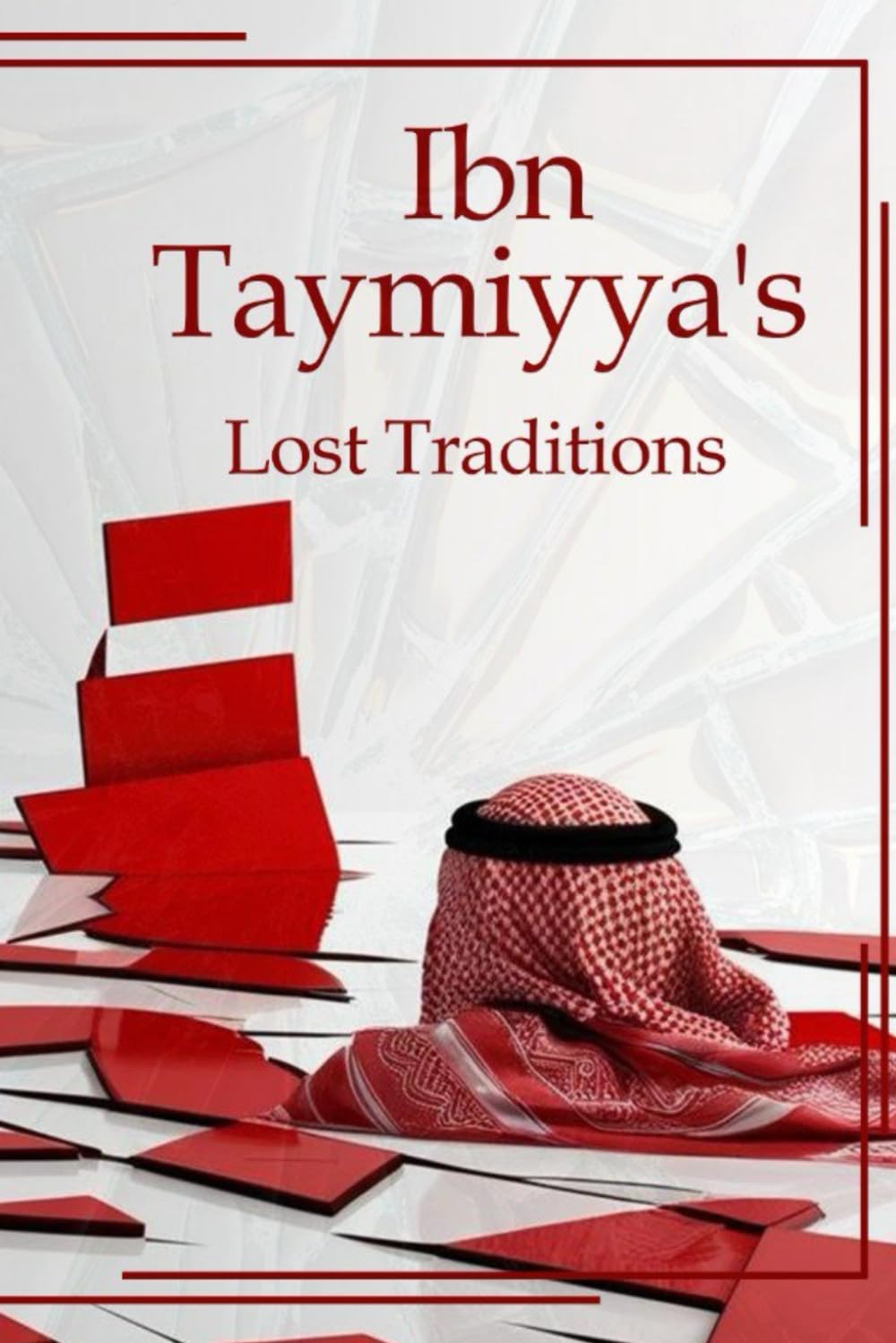

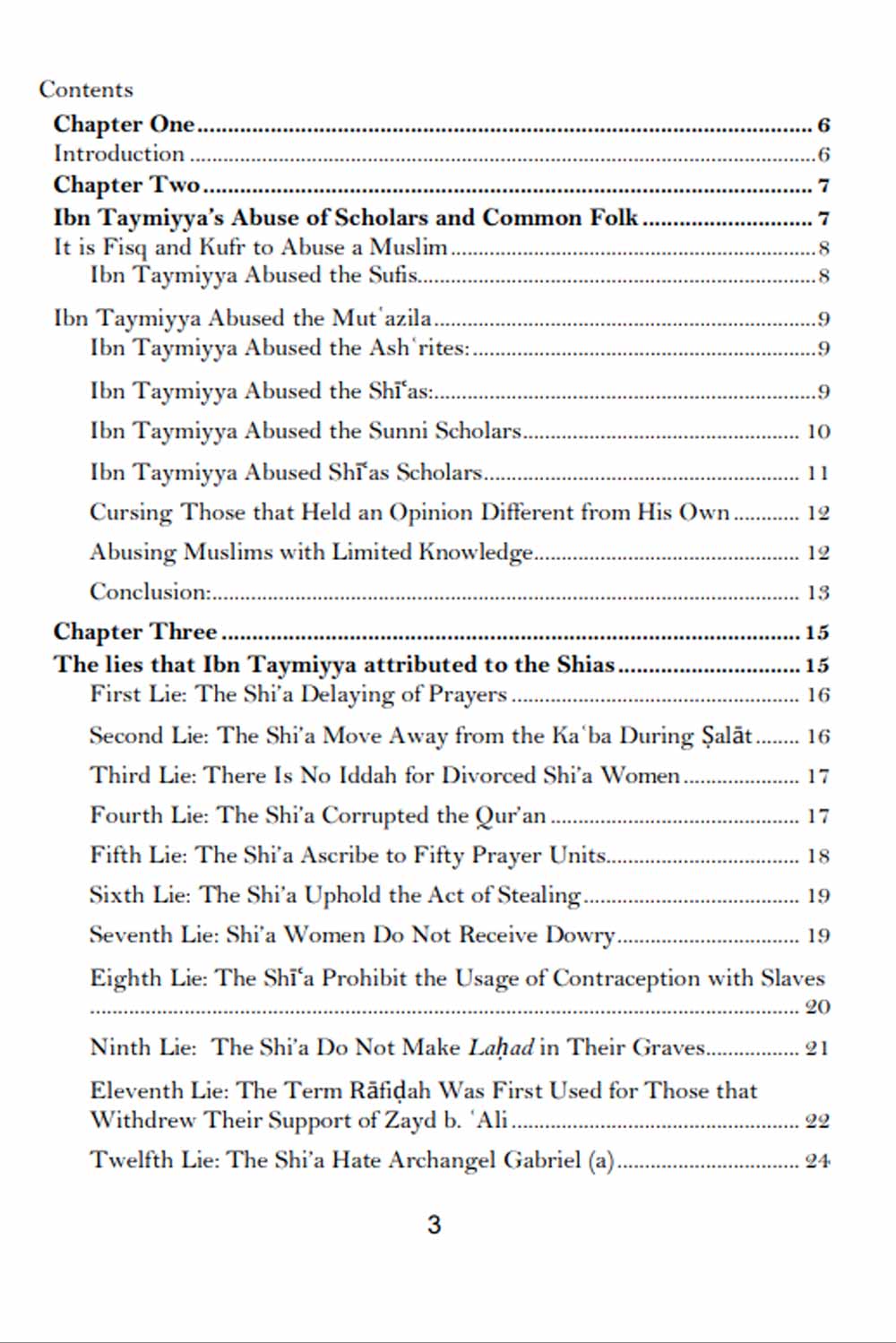
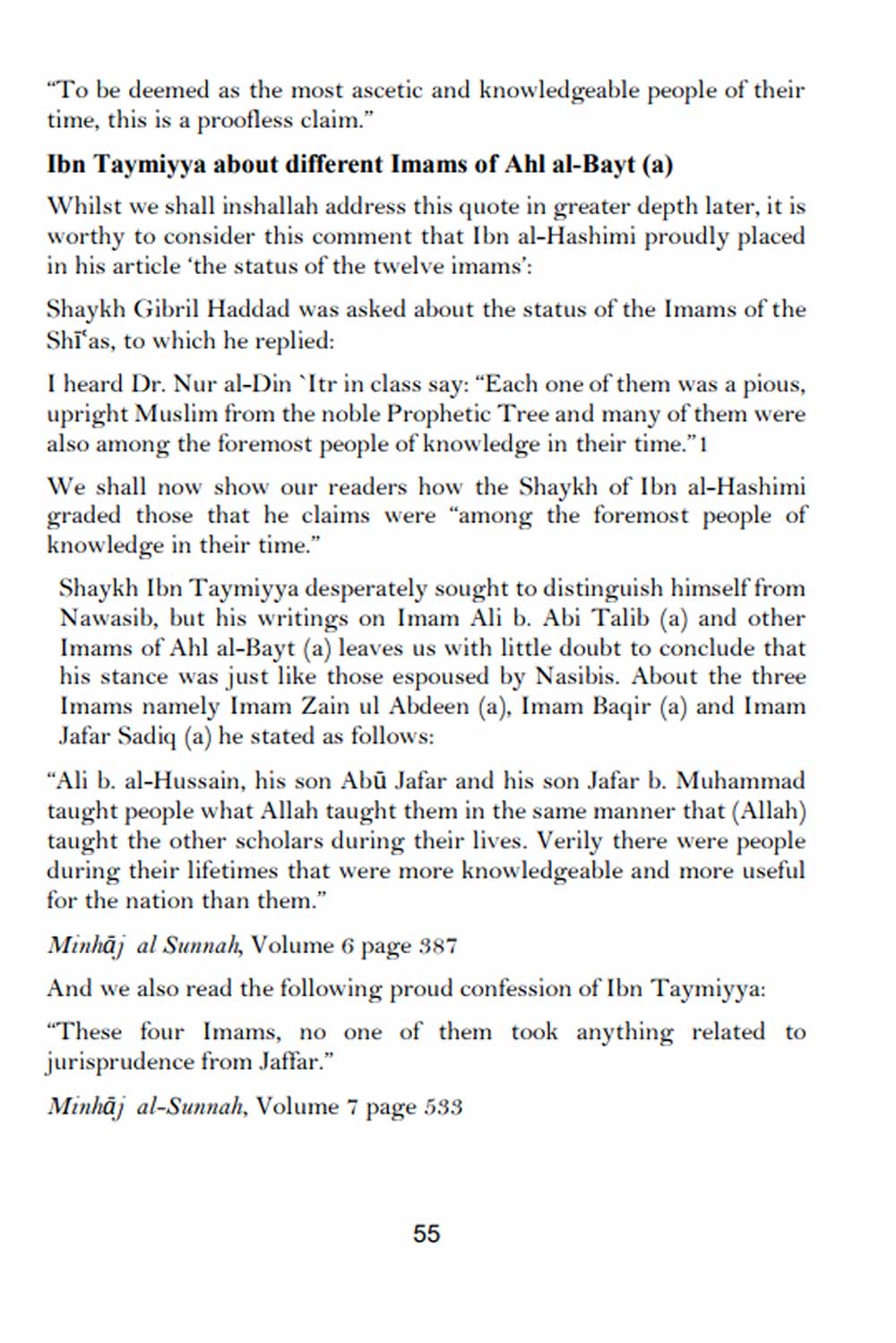
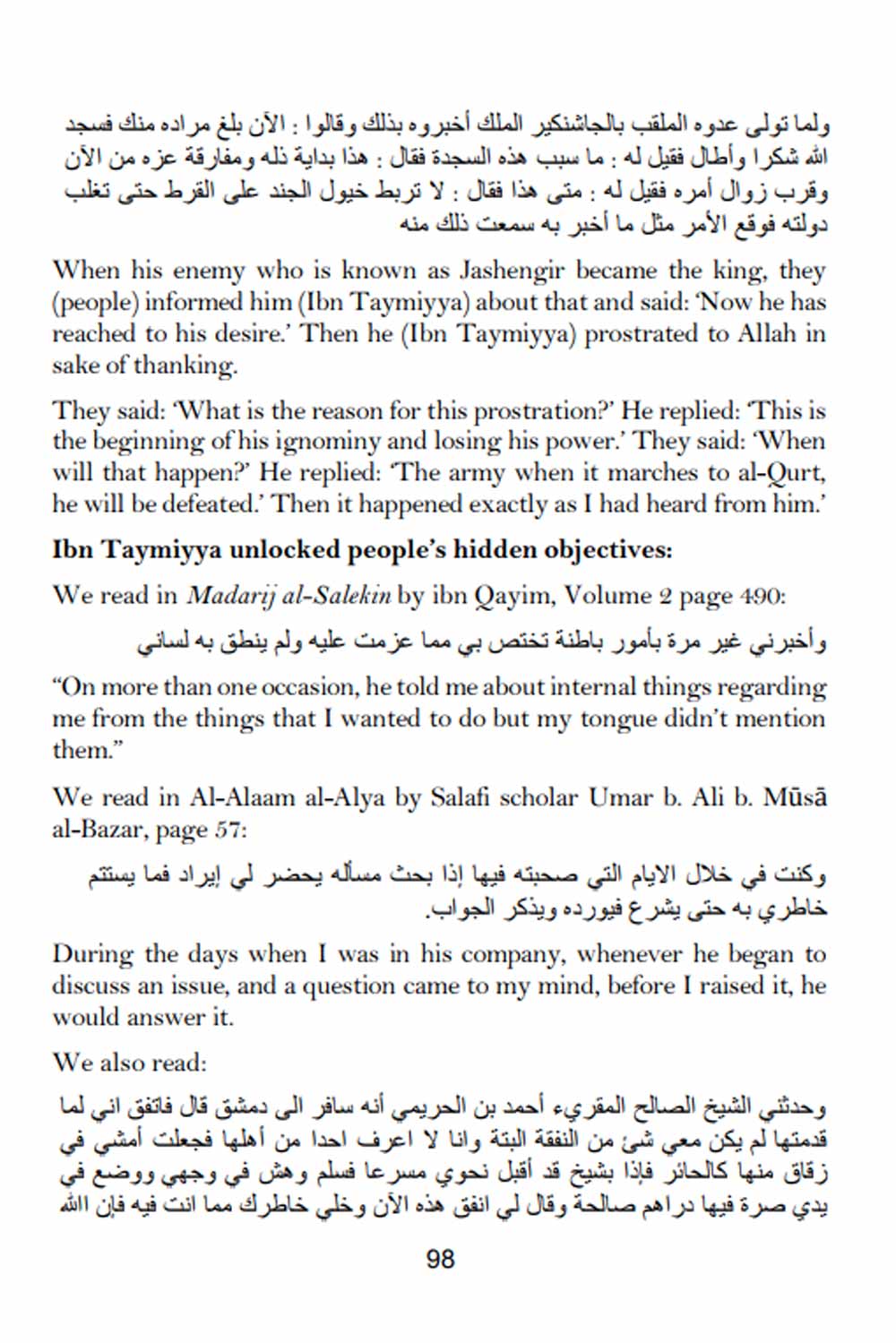
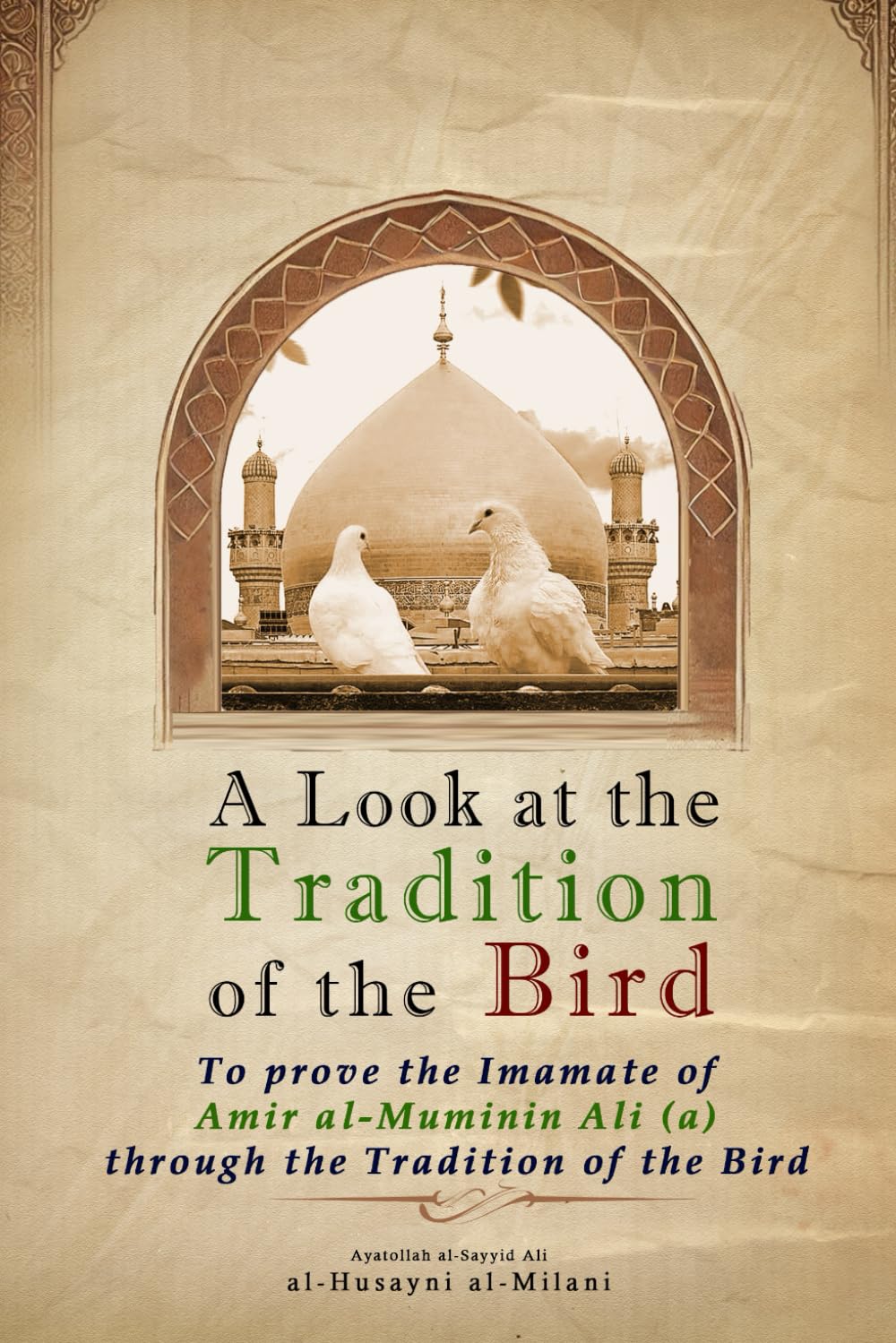
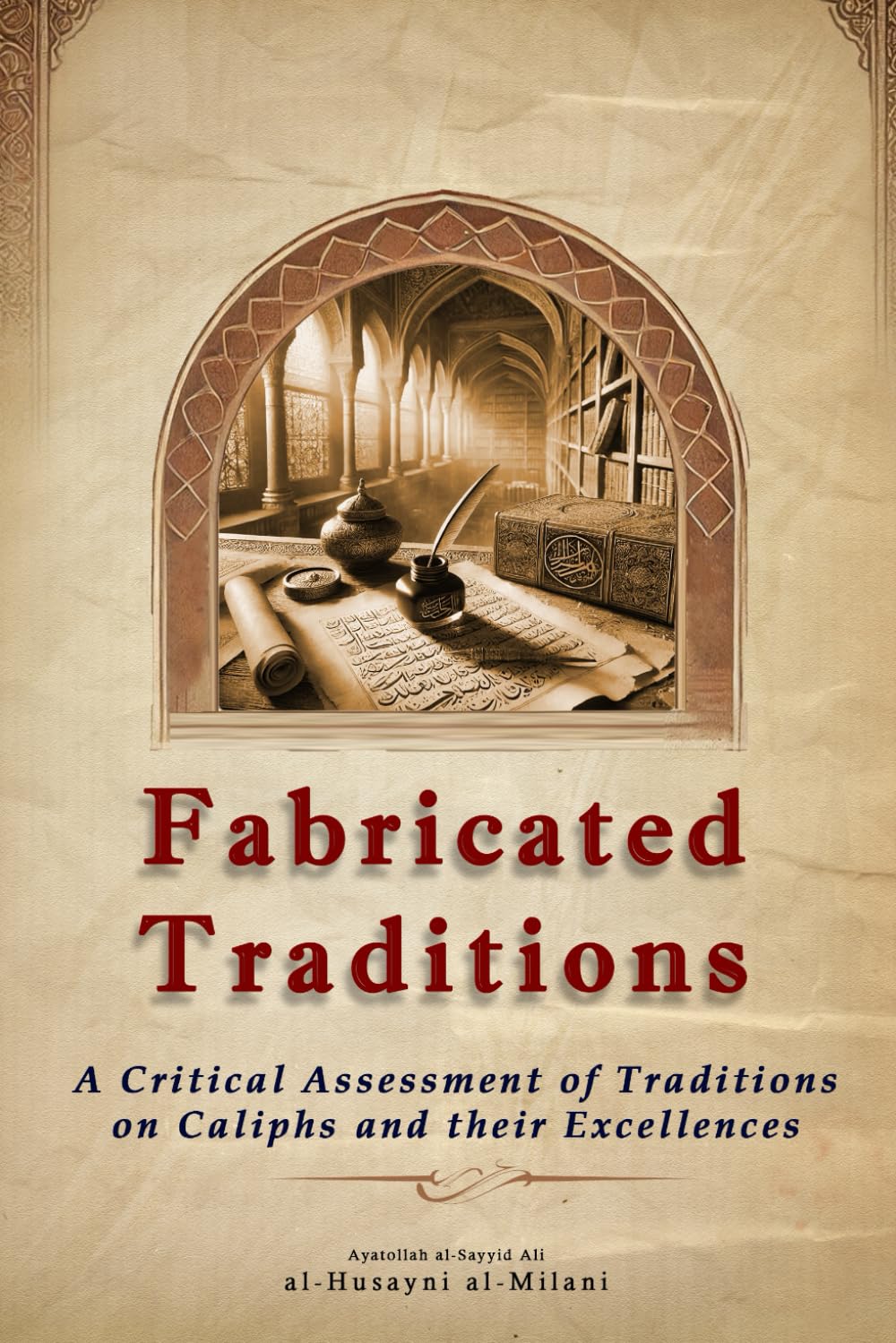
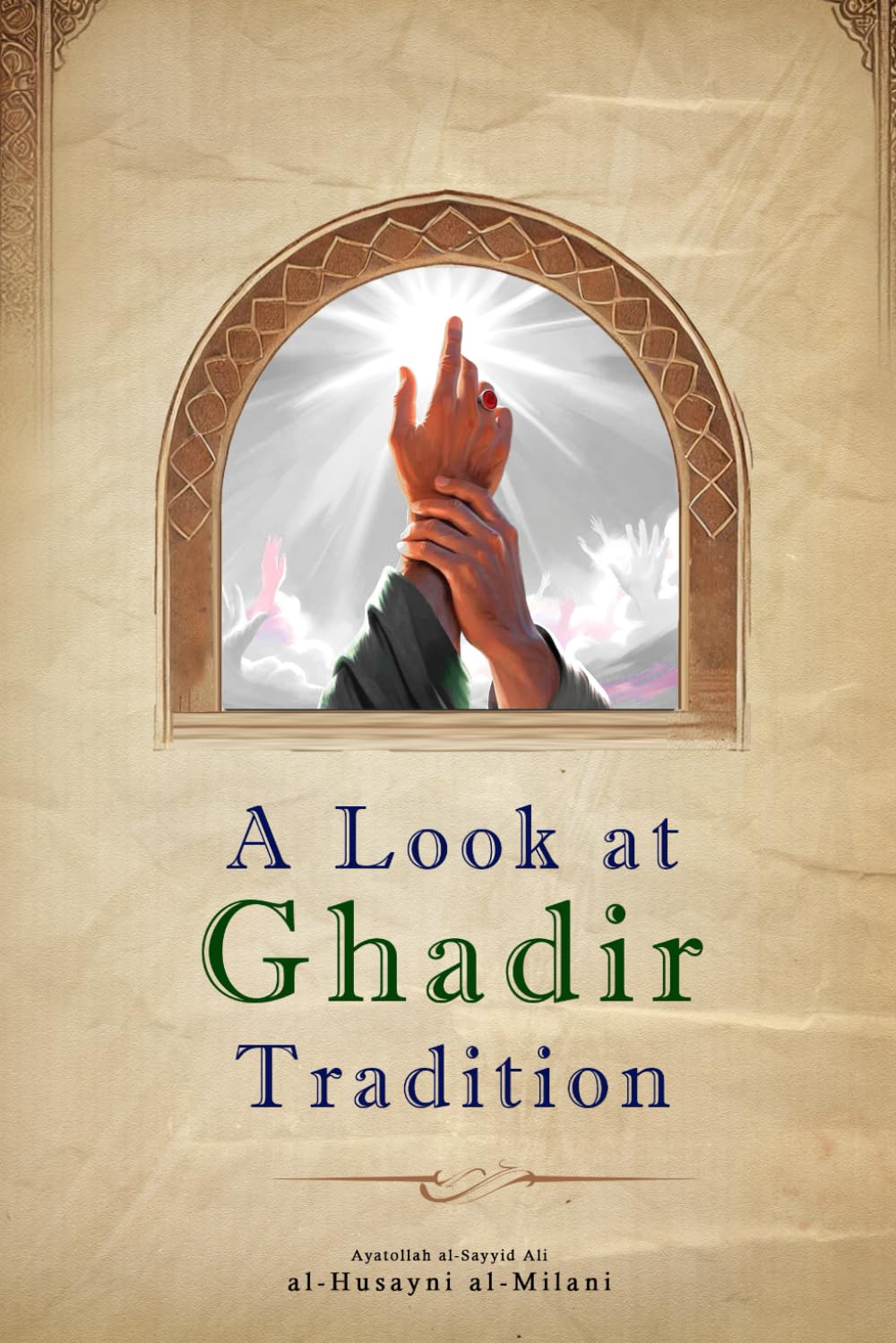
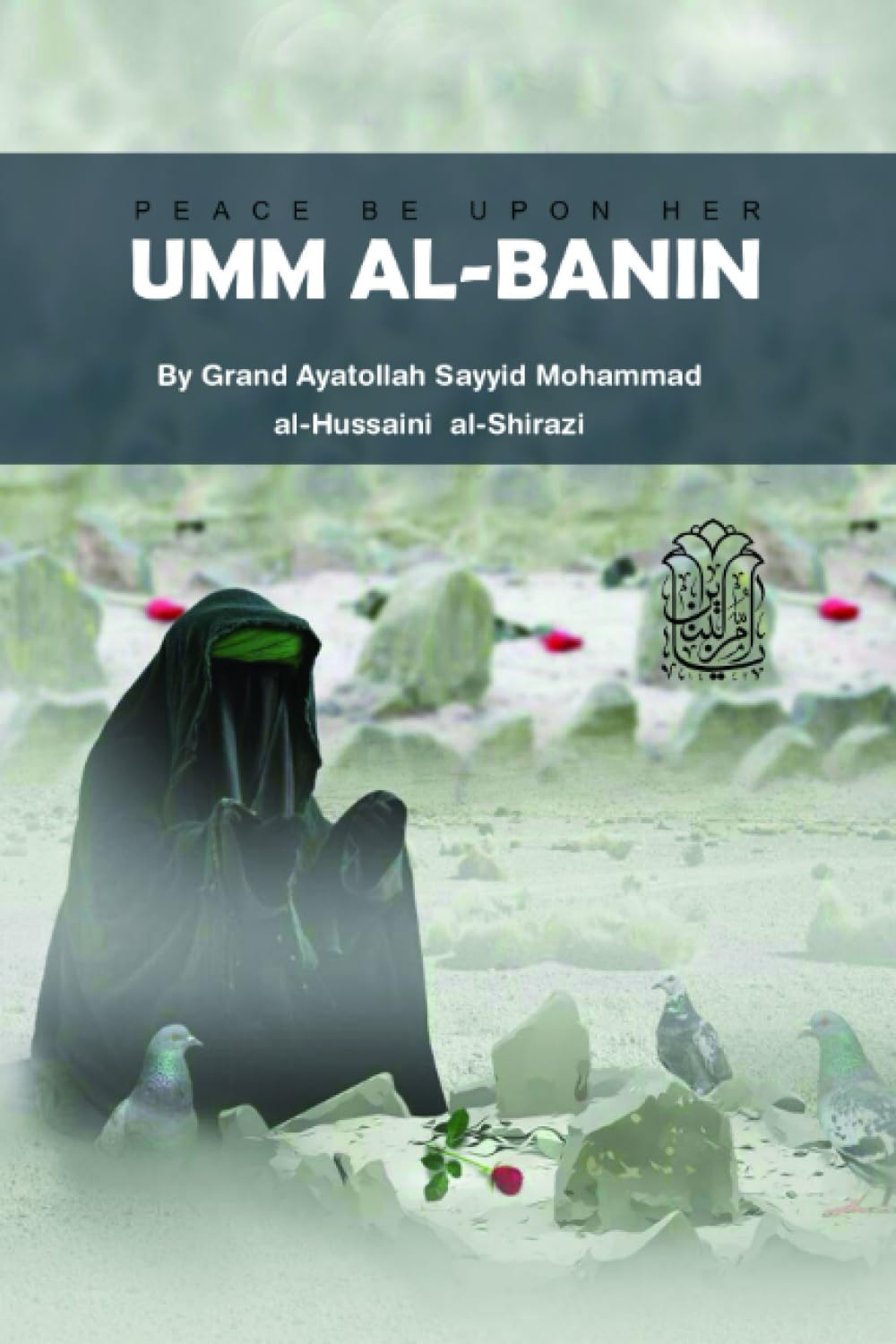

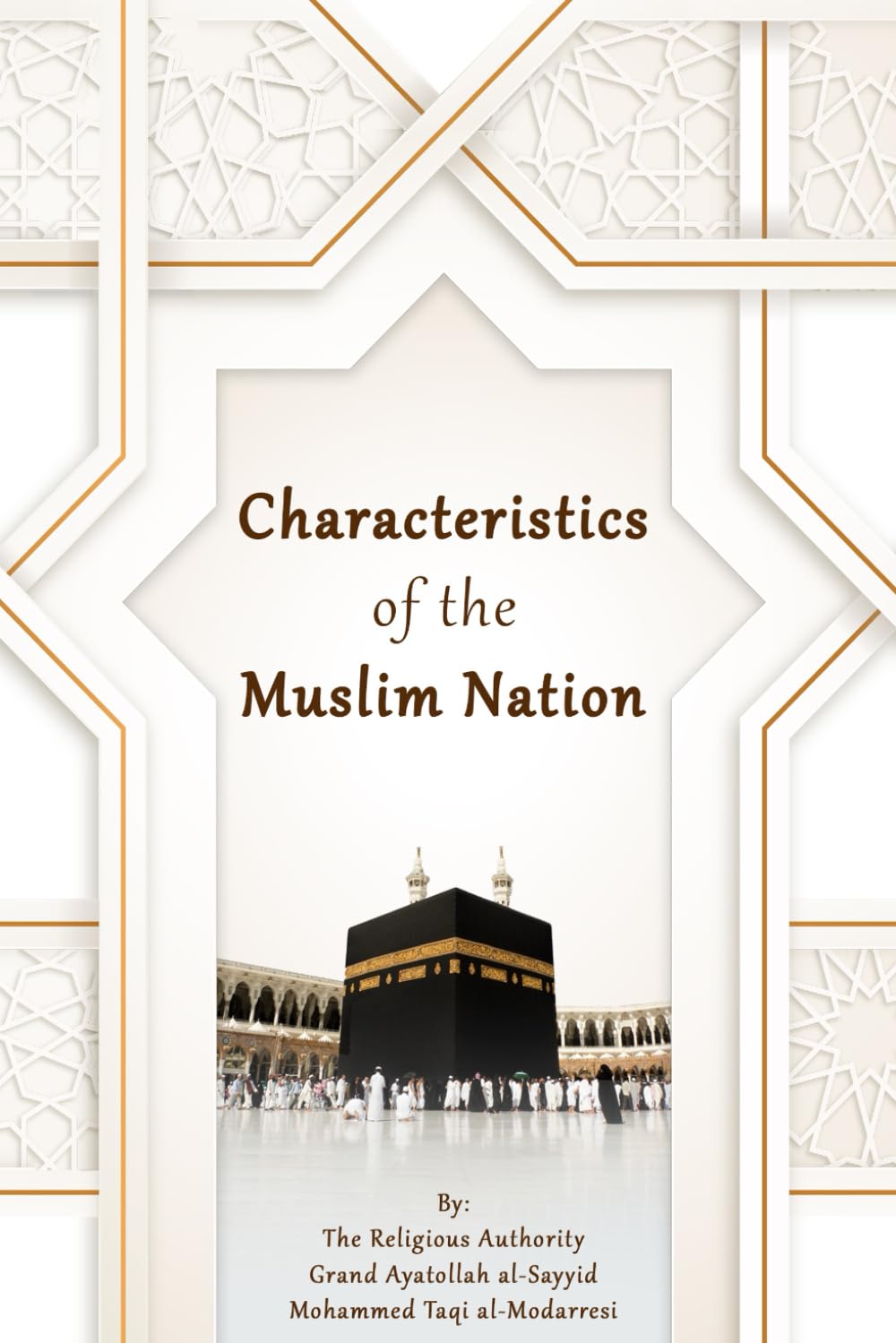
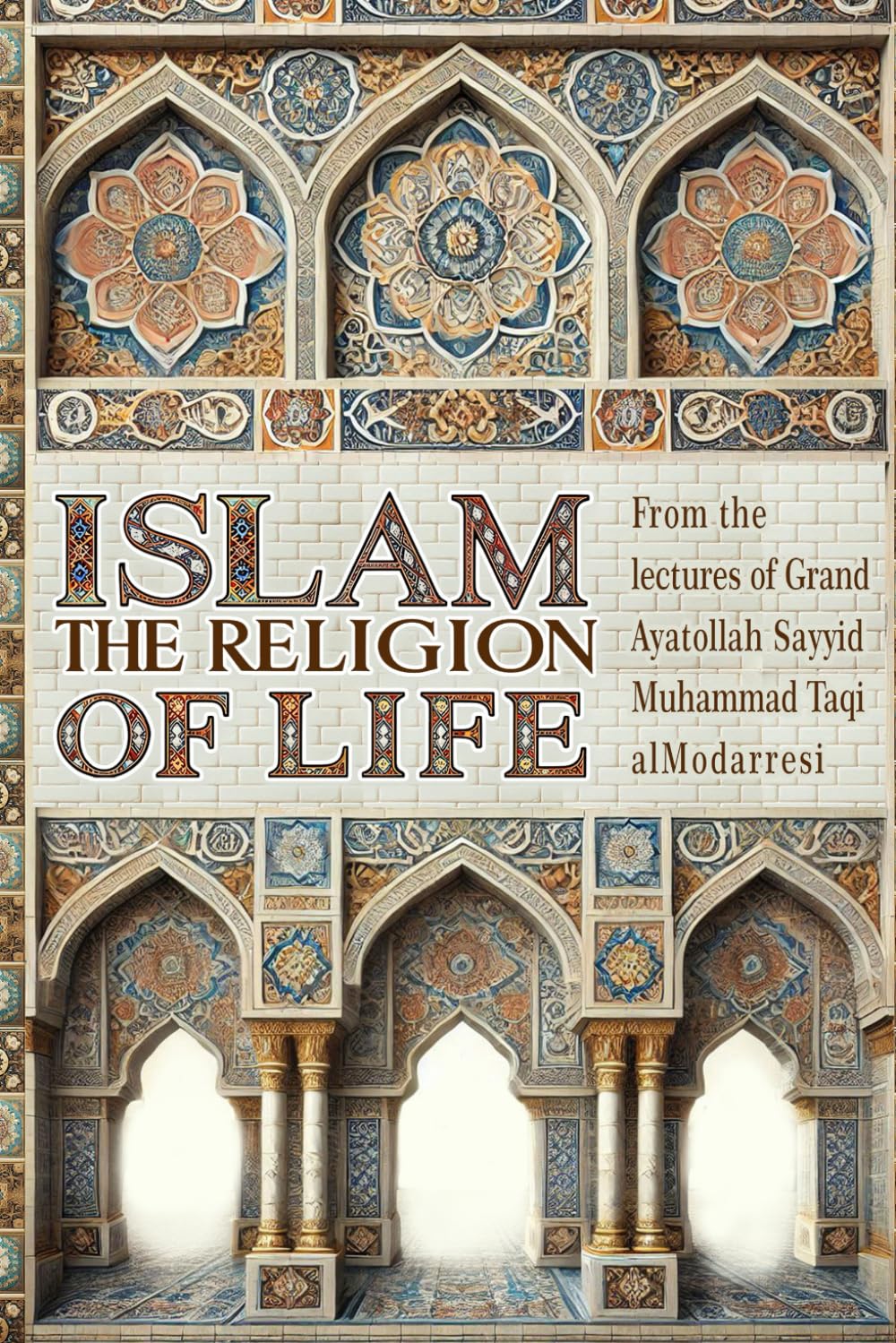
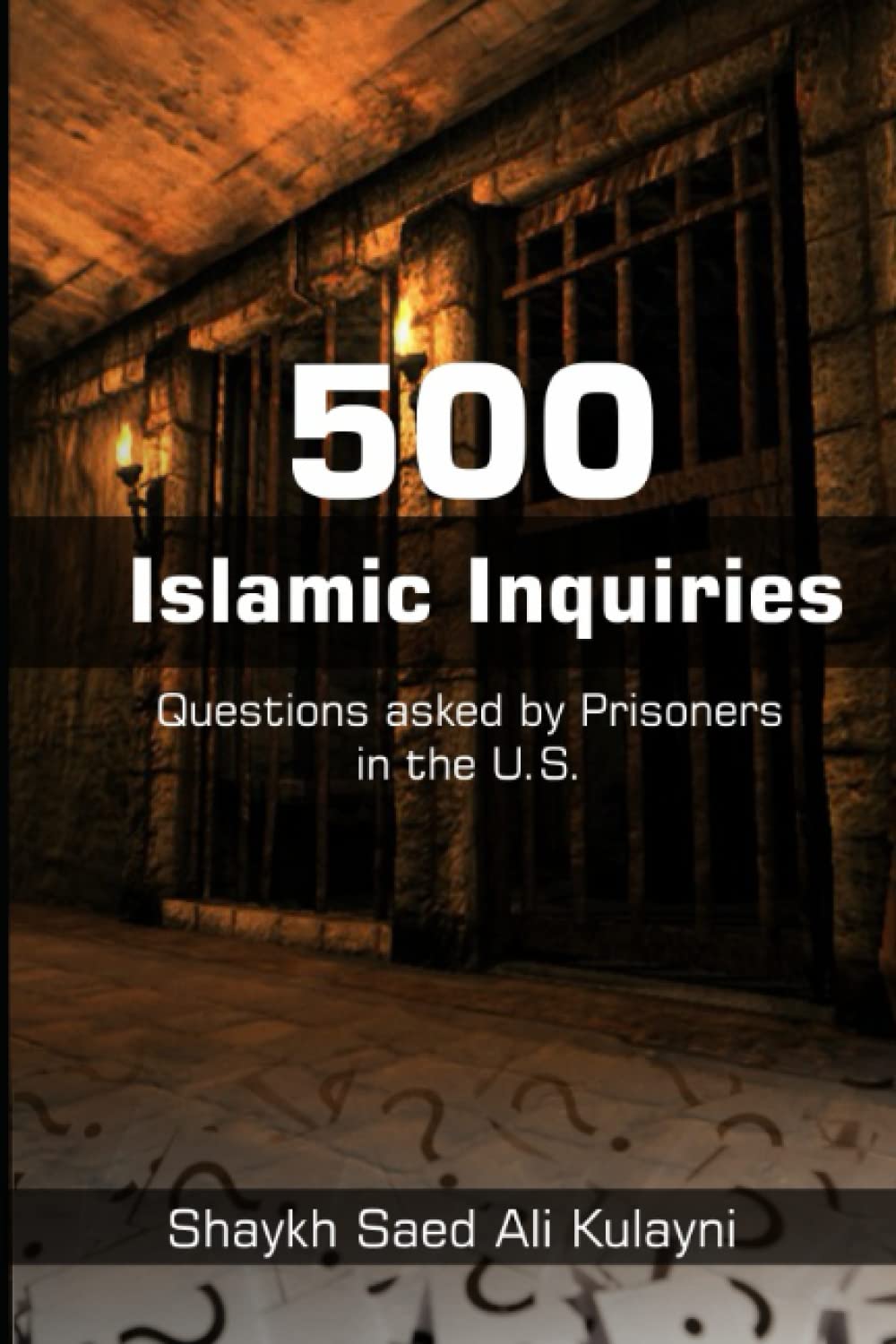
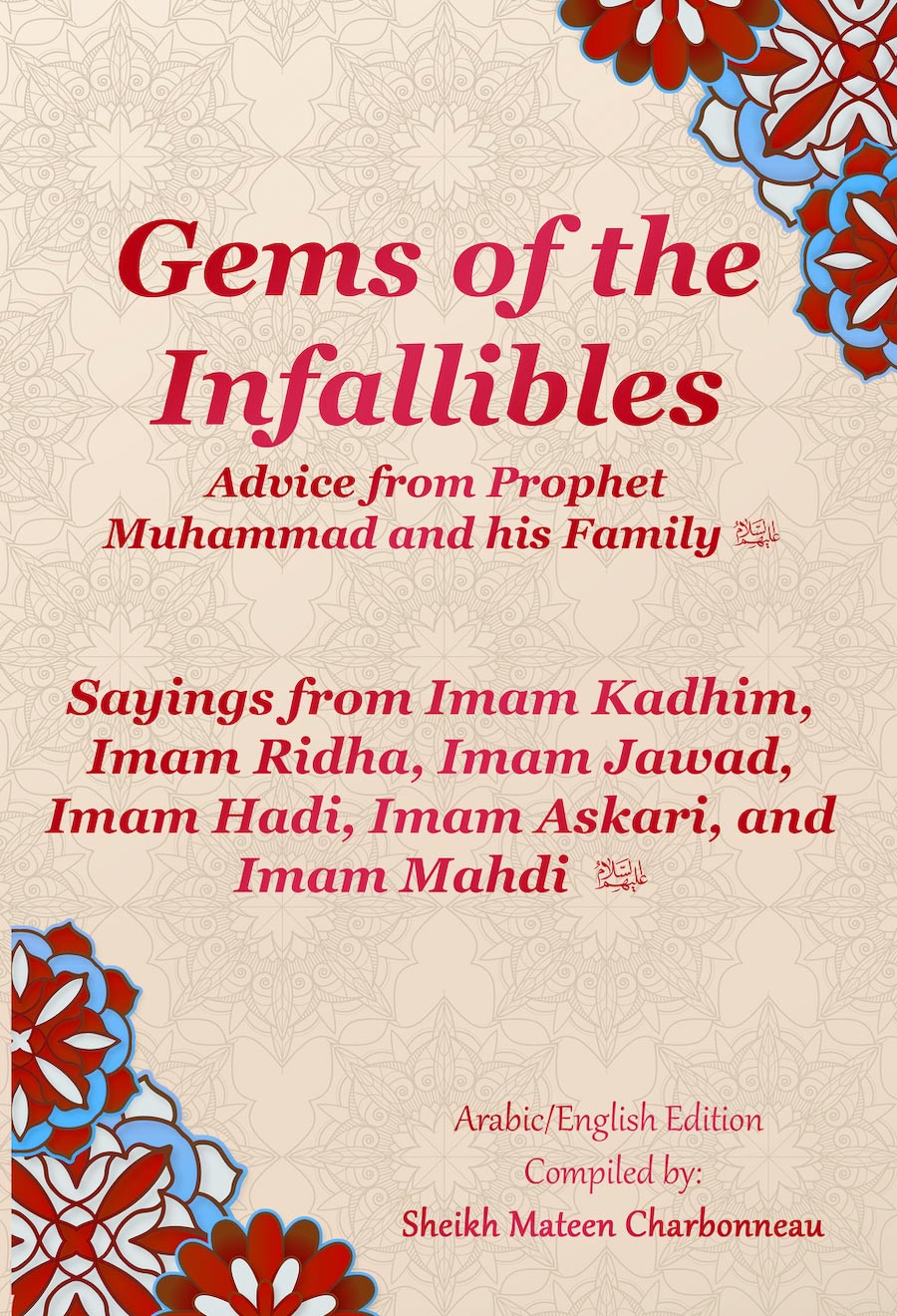
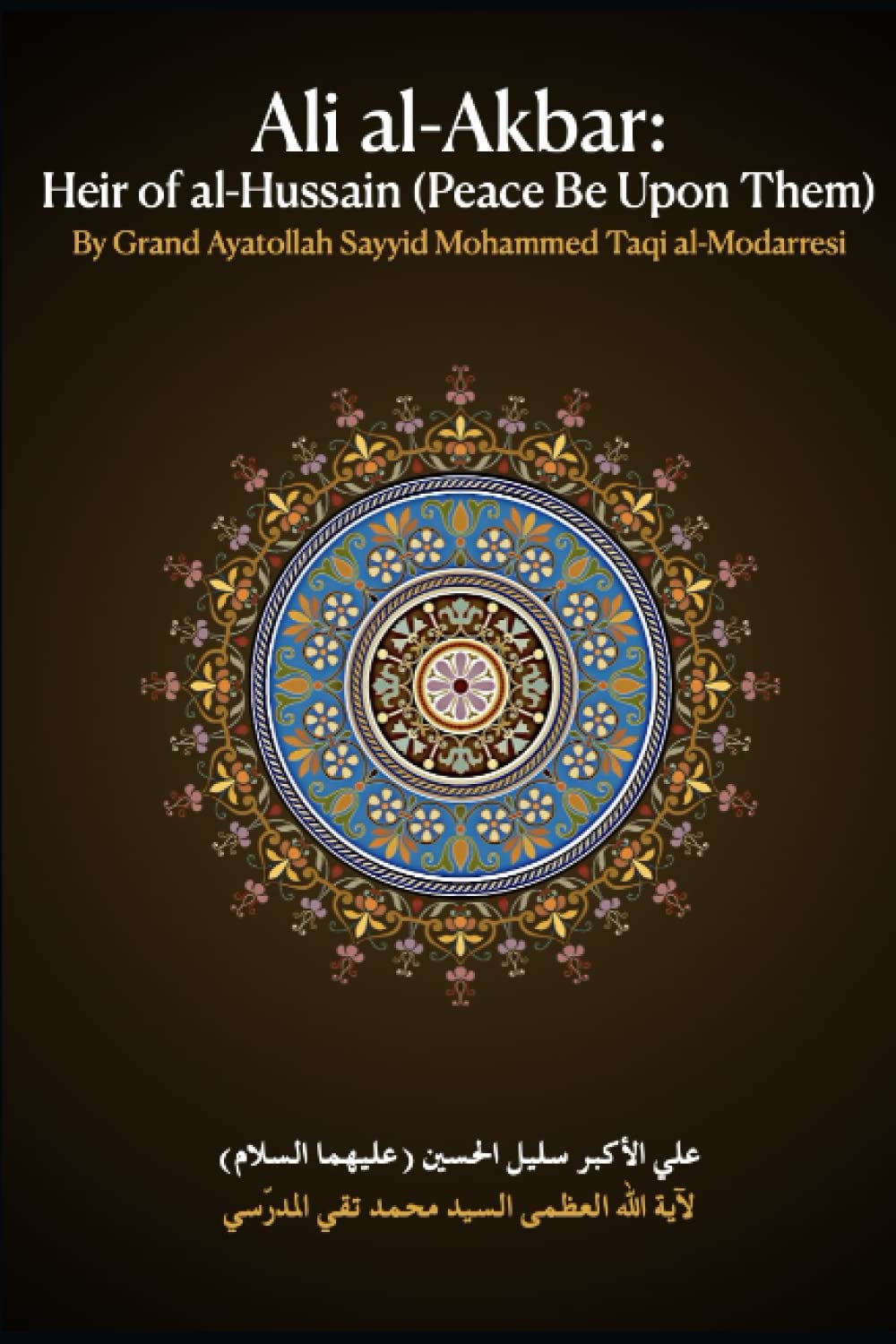
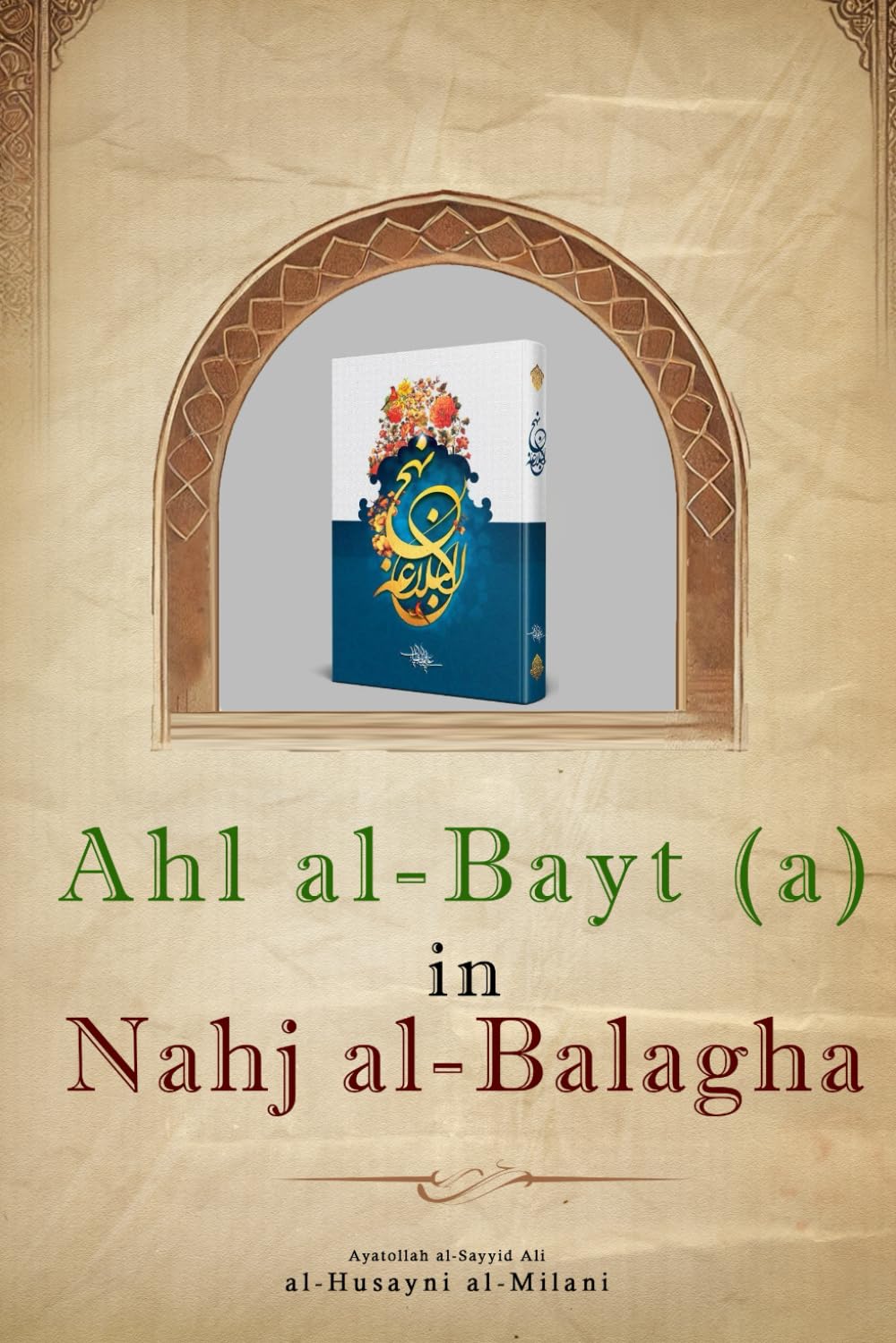
Reviews
There are no reviews yet.